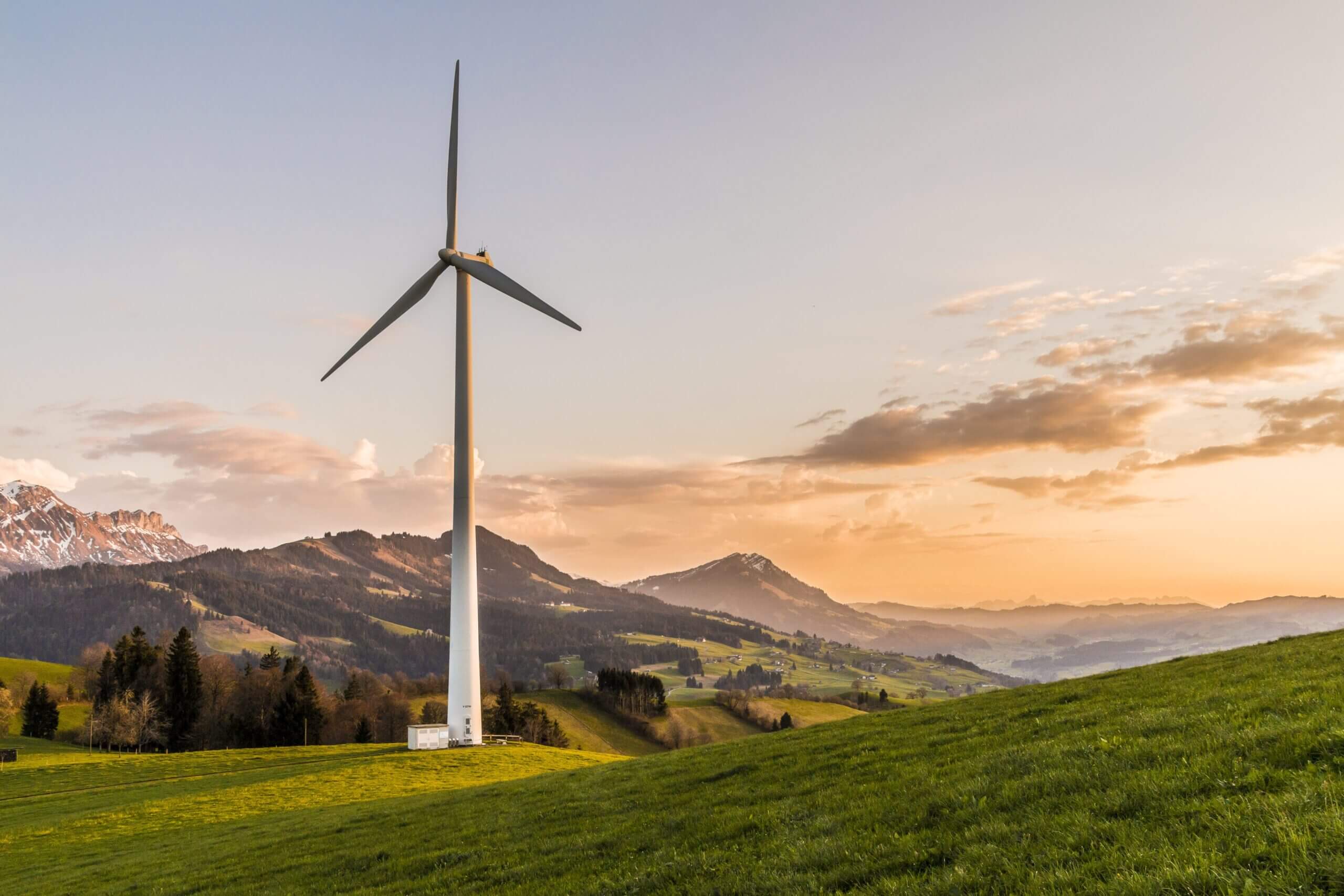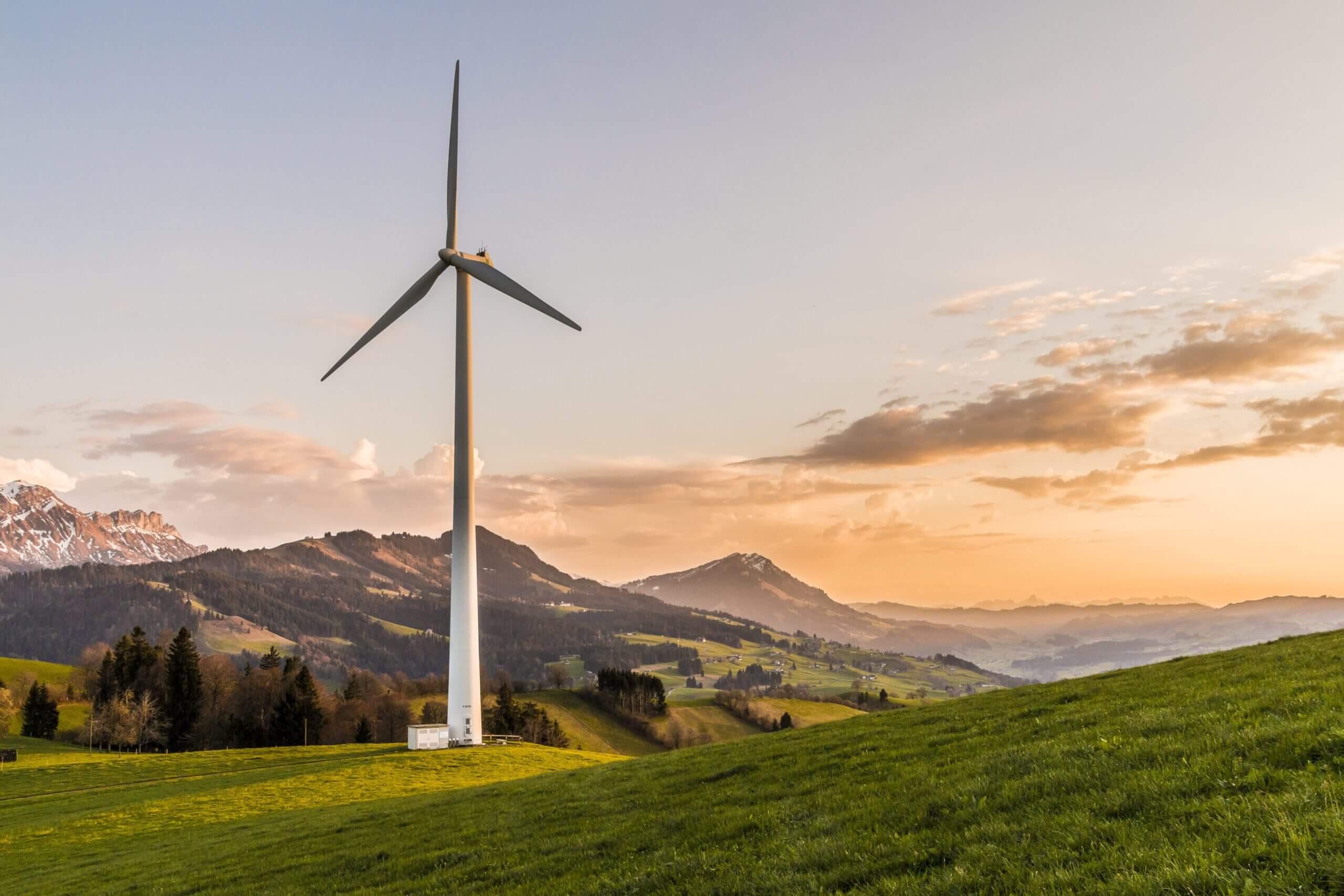Russia’s invasion of Ukraine accelerated Europe’s energy crisis – and expanded it to a global energy crisis. It has left Europe torn between its commitment to Ukraine’s sovereignty and its dependence on Russian energy; the United States soliciting authoritarian countries to increase oil supplies; and China and Russia with the chance to increase their leverage over global energy production, and with it the global order. The invasion of Ukraine has done this in large part because of a Western conflation of climate with energy policy. This conflation ignored the pragmatic reality of energy security and ceded an opportunity to strategic adversaries, perhaps even incentivizing Russia’s aggression. It undermined rather than bolstered climate goals. It put the cart before the proverbial horse and fueled neither. Now, today’s geopolitical debacle offers the chance to reorient Western thinking; to adopt a security-centric and climate-inclusive model based on 21st century geopolitical realism.
With increased concerns around climate change, Western powers have focused their energy policy efforts on climate ambitions. President Biden has positioned climate change at the center of U.S. foreign policy and national security, the UK has proposed plans for a Green Industrial Revolution, the EU has developed a European Green Deal, and Germany continues with efforts to eliminate fossil fuels and nuclear power.
This moment, tragic and reprehensible as it is, should be seized upon to reorient Western thinking from its climate-centric mindset to one that’s security-centric and climate-inclusive.
The diplomatic center of Western climate negotiations is held together by restrictions rather than development of alternative supply. It rests on pledges to move away from fossil fuels, increase dependencies on renewable energy, and constrain fossil fuel consumption in developing economies by denying financial support for fossil fuel projects. In essence, climate policy is being deployed as a proxy for energy policy, thereby restructuring the energy portfolios of the world’s most advanced industrial bases. As such, the U.S. and Western allies are declaring to the world their intentions to marginalize, if not eliminate, the very energy resources and technologies on which all advanced economies have been industrialized despite the reality that they continue to depend on those technologies and resources – and that developing economies need them.
Prioritization of carbon reduction has created a strong narrative for the West in the battle against climate change. But it has also created severe vulnerabilities in energy security.
First there is the nuclear oversight: With renewable energy promoted as the favored alternative to fossil fuels, less attention has been directed toward advanced nuclear power. Consequently, political paralysis has atrophied the once-dominant Western civilian nuclear power industry with the U.S. and UK struggling to create economically feasible pathways for advanced reactors. This has provided Russia and China, which currently lead the world in civilian nuclear deployment, with strategic points of entry into developing economies that need reliable energy resources. Moreover, the U.S. currently imports from Russia about 20 percent of the uranium that powers U.S. reactors—a dependency that would have been unthinkable in prior U.S. foreign policy toward Russia.
Ceding civilian nuclear leadership to China and Russia is arguably the most egregious blunder in U.S. energy policy history.
Then, in fossil fuels, Europe’s energy policies have created a dependency on Russian oil and gas. This is an energy security threat. It is also a geopolitical one: It hinders the EU from levying a full import ban on Russian supplies. This is a problem for the United States, too: While the U.S. has banned Russian imports, which constitute 4 percent of U.S. oil imports, tight markets have prompted President Biden to solicit authoritarian countries to increase oil supplies. These countries weren’t on the invitation list for last year’s Summit for Democracy.
With advanced economies declaring their intent to transition away from fossil fuels in the long term, and with the EU overly dependent on Russian supplies, the West established conditions for Russia to claim leverage over the global energy market – and then to disrupt it, while also creating potential divisions between the industrialized West and emerging economies. These economies need access to reliable oil and gas supplies and cannot easily disconnect from Russian energy. Some emerging economies are now telling developed countries to leave them out of the low-carbon energy transition because they need fossil fuels for economic development. If the U.S. is vulnerable to a 4% decrease in oil supply, emerging economies will be even more vulnerable, particularly if the U.S. and Western Allies stop providing necessary supply and divest from fossil fuels altogether while also struggling to deploy nuclear power as an alternative.
Currently, Western climate policy is a declaration to the world that Western powers have prioritized carbon reduction over energy security and are moving in an energy direction contrary to what emerging economies need. Meanwhile, Russia has been moving in the same direction as those economies—toward fossil fuels and nuclear. And so has China. In fact, as Western companies leave Russia, China is exploring potential opportunities to acquire Russian energy and commodity companies in an effort to bolster energy security.
It isn’t difficult to conclude that Russia saw this as a window of opportunity. In fact, it is prudent to assume Putin was well aware of the disruption that would ensue in global energy markets should he invade Ukraine, that Europe would be in a position of weakness, given its dependency on Russian energy, and, consequently, that the US would need to be measured in pressing allies to impose energy sanctions.
The world is witnessing the first great power military challenge to the US-led liberal international order—an order that Russia and China have long sought to discredit and dismantle. This is a landscape-altering moment in 21st century global geopolitics and energy security is at the fore. While the outcome likely will impact Russia’s leverage as a great power, Russia’s alignment with China will remain a growing national security threat.
As such, this moment, tragic and reprehensible as it is, should be seized upon to reorient Western thinking from its climate-centric mindset to one that’s security-centric and climate-inclusive. There is a way to do this. Western allies should leverage existing security alliances (e.g., NATO, Five Eyes, the Quadrilateral Security Dialog) while engaging in regional efforts such as the Three Seas Initiative to forge strategic geopolitical arrangements around energy security and energy sovereignty. And, on the pragmatic grounds of 21st century geopolitical realism, they should include reasonable and necessary access to fossil fuels, especially natural gas, along with carbon-reducing technologies and, most importantly, civilian nuclear power. All of these efforts can be strategically developed and deployed within energy security alliances to meet rising energy demands under carbon constraints.
US and Western energy and climate policies are not to blame for Putin’s invasion of Ukraine. That blame resides with Putin alone. Nonetheless, the current crisis is a warning shot regarding energy security. Therefore, as the U.S. and its allies evaluate the impact, if any, of past foreign policies on Putin’s decision to invade Ukraine, Western allies would be well-advised to evaluate past energy policies that created antecedent conditions of vulnerability that also may have impacted Putin’s decision to invade.
David Gattie is an Associate Professor of Engineering at the University of Georgia’s (UGA) College of Engineering, and a Senior Fellow at UGA’s Center for International Trade and Security. He has provided testimony on energy, climate and nuclear power policy before the U.S. House Energy and Commerce Committee.
RDML (ret) Michael Hewitt, US Navy, is Co-Founder and CEO of IP3 Corporation and CEO of Allied Nuclear Partners. IP3 is the lead U.S. integrator for the development and operations of peaceful and secure civil nuclear power in the global marketplace. IP3’s vision is to create thriving, peaceful environments in critical world markets through the development of sustainable energy and security infrastructure via public/private initiatives and industry-led partnerships.
(Photo by Pexels)




